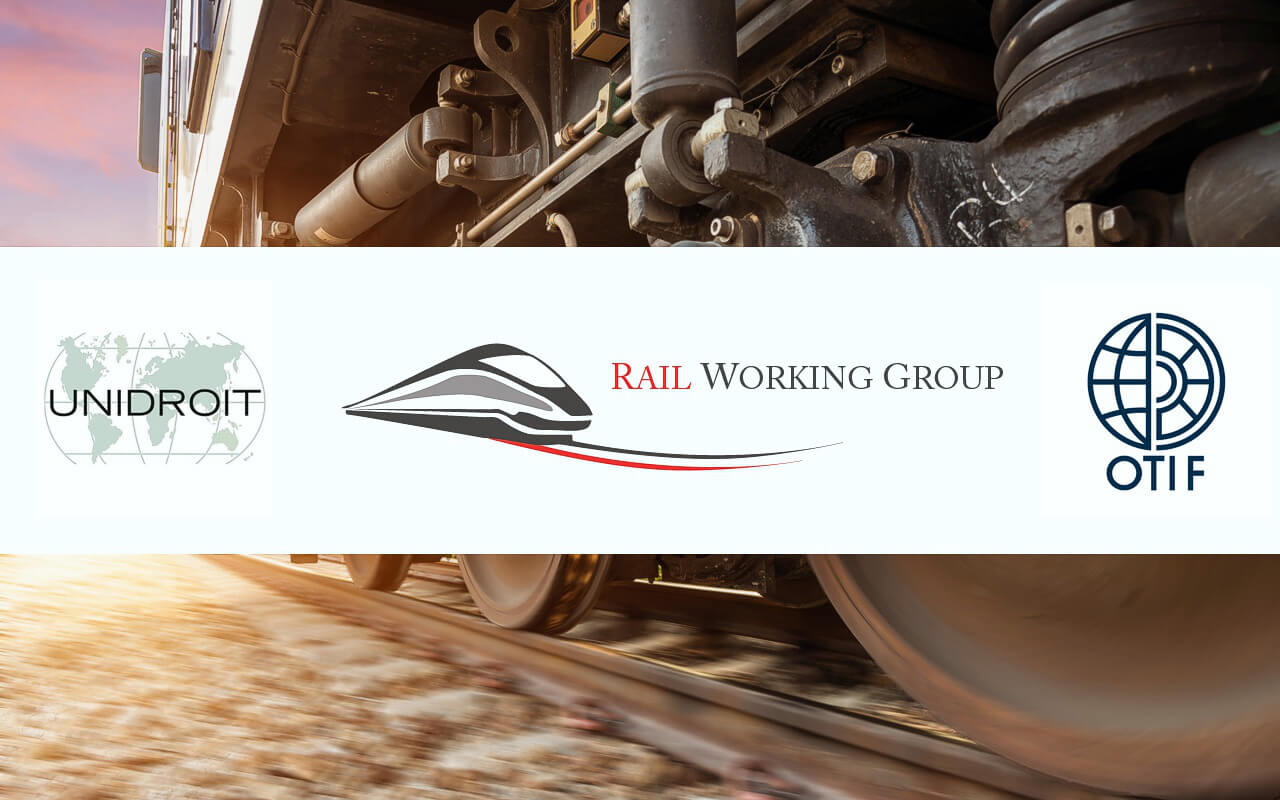- Alpha Group News
- 05. September 2018
- Pressemitteilung | Alpha Trains
Alpha Trains at InnoTrans 2018
Latest information on the Luxembourg Rail Protocol
Luxembourg, 5 September 2018 - The Rail Working Group and Alpha Trains are extending an invitation to an informal meeting at this year’s InnoTrans to report on current developments regarding the Luxembourg Rail Protocol. Sweden last ratified this Protocol. A fourth ratification is expected by the end of the year, with the Luxembourg Rail Protocol expected to enter into force in the second half of 2019 once the associated International Register is fully operational. Interested journalists are cordially invited to inform themselves on Wednesday, 19 September, at 1.30 p.m. at the Alpha Trains stand (Hall A, Citycube 210).
- Visit Alpha Trains at InnoTrans 2018 in Berlin, Hall A, Citycube 210
- Latest information on the Luxembourg Rail Protocol on
Wednesday, 19 September at 1.30 p.m. at the Alpha Trains stand
The aim of the Luxembourg Rail Protocol is to introduce a globally enforceable security interest for creditors and lessors of railway rolling stock – and thus to create greater security for these creditors. This increases the availability of private capital and reduces the costs at which it is made available to lessors and operators for the procurement of rolling stock. The Protocol also provides for an international register, accessible via the Internet at any time and from any place, which indicates whether another creditor already has a security interest in certain railway rolling stock.
Alpha Trains, the leading lessor of locomotives and trains in Europe, has been a member of the Rail Working Group since 2016 and is strongly committed to the implementation of the Luxembourg Rail Protocol. With a fleet of 370 locomotives and 435 trains in 17 countries of operation, the company is an important driver for fair competition in European rail transport. The security provided by the Luxembourg Rail Protocol makes an important contribution to this, as lower interest rates enable more competitive prices. State financing, as practised for example by the public authorities in Germany, will thus eventually become redundant – and thereby, at the same time, an essential prerequisite will be created for assisting in implementing the fourth EU railway package throughout Europe.
Background
In February 2007, 42 countries and 12 international organisations took part in a diplomatic conference in Luxembourg organised jointly by UNIDROIT and OTIF. The Luxembourg Rail Protocol to the Cape Town Convention on International Interests in Mobile Equipment was adopted at this conference. The Convention creates a new legal framework worldwide for the recognition and registration of security rights to which lenders, lessors and conditional sellers of movable equipment are entitled. It is also remarkable that, for the first time, the Rail Protocol implements a globally uniform numbering system for all types of rail vehicles.
The new legal instrument is especially useful for the collateralisation and thus the financing of rail vehicles, which has so far been a real challenge, not least for cross-border traffic. In order to finance the loan, the borrower must provide collateral for the railway rolling stock, which the lender can claim in the event of a loan default. To date, collateral has usually been provided for rolling stock under the laws of all the countries in which it is used. This is of course very complex and increases transaction costs.
About the Rail Working Group
The Rail Working Group (RWG) is a not-for-profit rail industry association, based in Switzerland. It was established at the request of UNIDROIT (the International Institute for the Unification of Private Law) to represent the position of the rail industry relating to adoption and implementation of the 2007 Luxembourg Protocol to the Cape Town Convention on International Interests in Mobile Equipment on matters relating to railway rolling stock (the Luxembourg Rail Protocol). The key task is to ensure that the Luxembourg Rail Protocol is brought into force in as many countries as possible as quickly as possible but ensuring that the operation of the Protocol does not lose touch with the commercial realities of the rail industry.



